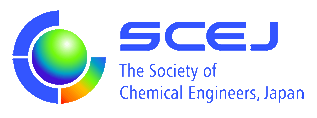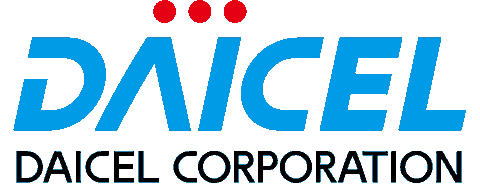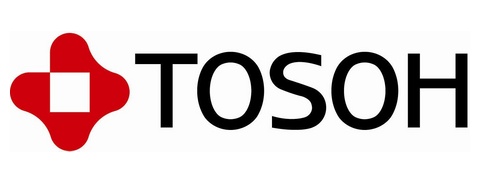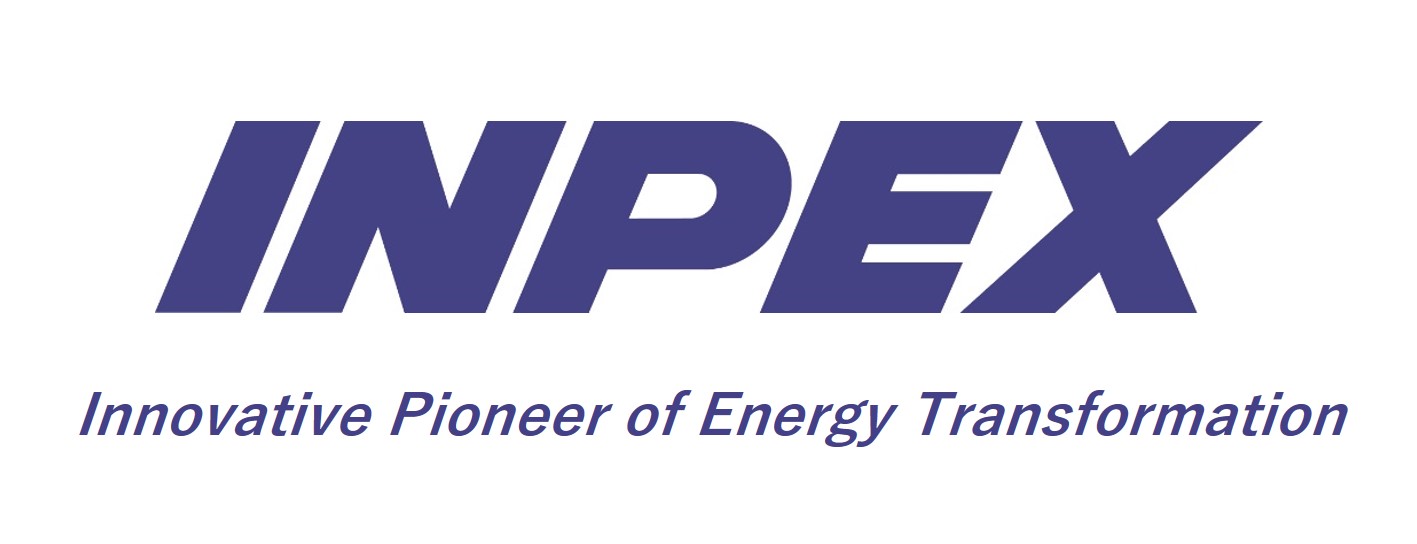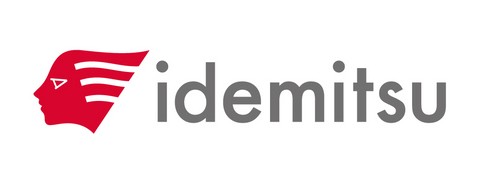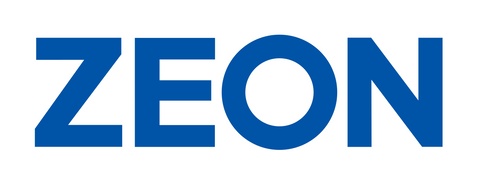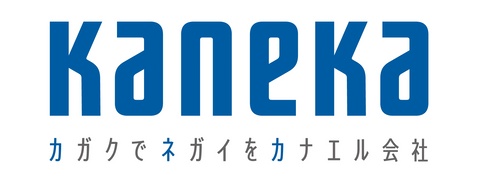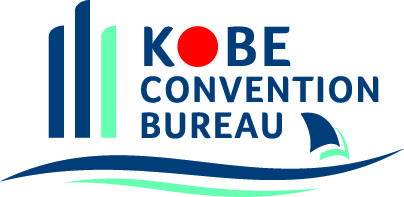Last Update: 2022-01-27 20:40:21
Cross-field session
The following list is subject to change.
Cross-field session
CS-1 Frontiers of Data-driven Research and Development <Virtual/Live> -
Mar. 17 (Thu) 10:40-16:40 Hall B (Program)
Data science has been rapidly developing in recent years as the fourth science following experimental science, theoretical science, and computational science. The early realization of a data-driven society led by data science has been recognized as a key to international competitiveness. This symposium will have speakers who are making pioneering efforts toward a data-driven society from various viewpoints and discuss future research and development.Organizers SHIMADA Iori (Shinshu Univ.) KOYAMA Michihisa (Shinshu Univ.) ONO Tsutomu (Okayama Univ.) TOYA Yoshihiro (Osaka Univ.) YAMASHITA Yoshiyuki (Tokyo Univ. of Agri. and Tech.) KIM Sanghong (Tokyo Univ. of Agri. and Tech.) CS-2 Promotion of Collaboration and Integration of Arterial and Venous Fields for Precision Control of Bonding and Decomposition for Resource Recycling Society <Virtual/Live> -
Mar. 18 (Fri) 13:00-17:05 Hall B (Program)
Organized by The Society of Chemical Engineers, Japan (SCEJ) Cosponsor Division of Environment Division of Separation Processes Division of Materials and Interfaces Center for Research and Development Strategy (CRDS), Japan Science and Technology Agency (JST)
While pursuing new functions and convenience in materials and products, there is growing concern about the environmental impact of general-purpose products such as plastics and the waste problems of advanced materials such as carbon fiber reinforced plastics. In order to break away from the conventional mass-production, mass-consumption, mass-disposal society and realize a sustainable, recycling-oriented society, it is necessary to develop materials with an awareness of the flow of materials from the time of use to after use.Organizers TOKORO Chiharu (Waseda Univ./The Univ. of Tokyo) MIYASHITA Satoshi (The Univ. of Tokyo/JST) MANAKO Takashi (JST)
In the strategic proposal issued by JST-CRDS in March 2021, it was pointed out that, for the above materials development, it is important to establish a research system in which researchers in the arterial (material creation) and venous (separation, decomposition, and recycling) fields, who have different academic backgrounds and research motivations, collaborate and integrate with the common goal of "precise control of bonding and decomposition". At the same time, the Ministry of Education, Culture, Sports, Science and Technology (MEXT) announced the Strategic Objectives of achieving precise control of bonding and decomposition, and developing sustainable materials that enable flexible control of stability and decomposition. In April 2021, the JST Strategic Basic Research Program CREST and PRESTO were launched under the Strategic Objectives.
As the nation begins to take a major step toward the precise control of binding and decomposition for the realization of a recycling-oriented society, exchange between researchers in the arterial and venous fields is just beginning. This symposium aims to promote closer collaboration and integration research between the arterial and venous fields by bringing together related researchers to introduce and exchange opinions on each other's cutting-edge research results.Registration is FREE for audiences attending only for the public sessions (SP-1, SS-3, CS-2, HC-11, HC-12, and HQ-21) as an audience (not as a speaker). See Details

